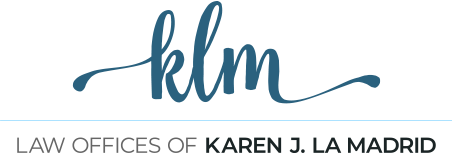Are you considering making an estate plan? As a testator, you want to be sure everything is ready so that your grieving loved ones or the courts aren’t left to make decisions against your wishes.
But, what’s in an estate plan? Here’s what you should know:
Will
The will is the most basic legal document of an estate plan. Within the will, the testator dictates their last final wishes. This may include an itemization of their assets and beneficiaries.
Executor of the estate
Furthermore, the will includes an executor of the estate. The executor is responsible for reviewing and verifying the validity of a will. They may also be liable to contact interested parties, pay estate taxes, collect life insurance and secure and distribute assets.
Power of attorney
The will isn’t just about what happens after the testator dies. One thing people overlook in their estate plan is the power of attorney. The power of attorney is a trusted representative who acts on behalf of the testator if they’re incapacitated. A power of attorney could also be used to make financial decisions while the testator is in sound mind.
Child guardian
Many testators set aside assets that would go to their children. However, testators may also need to consider how their children are cared for. The testator can name a child guardian who would take on a parenting role to raise the testator’s children.
Trust
Finally, a will has a few flaws. For instance, there may be estate taxes and heirs will have to wait for probate to end before they see a penny from the testator’s estate. Instead, people can make trusts. Trusts are used to ensure heirs receive their inheritance. A trust could even be used for charity or to limit how assets are used.
Estate planning can be complicated. You may need to reach out for legal help to ensure you’re taking the right steps when making an estate plan.
